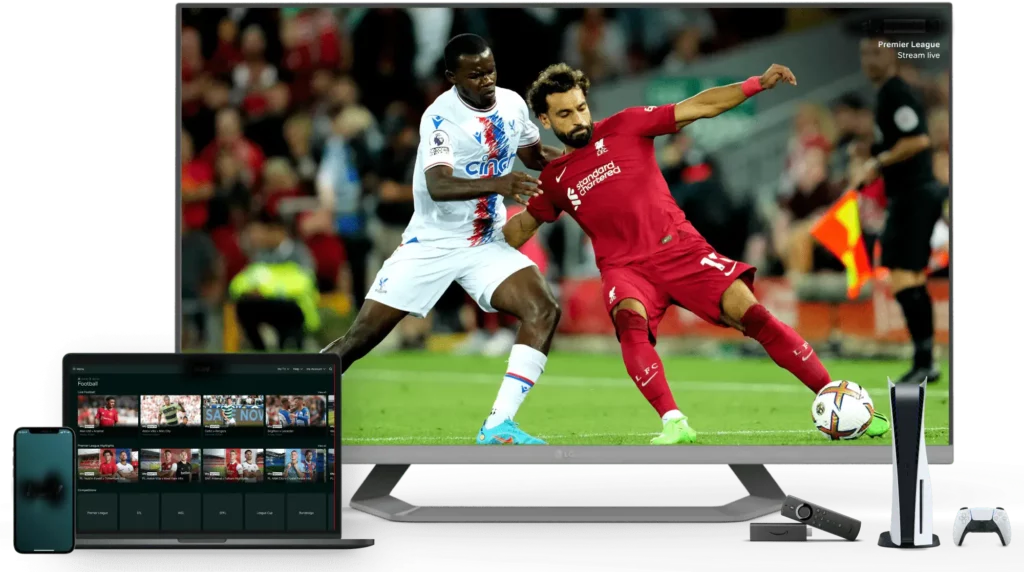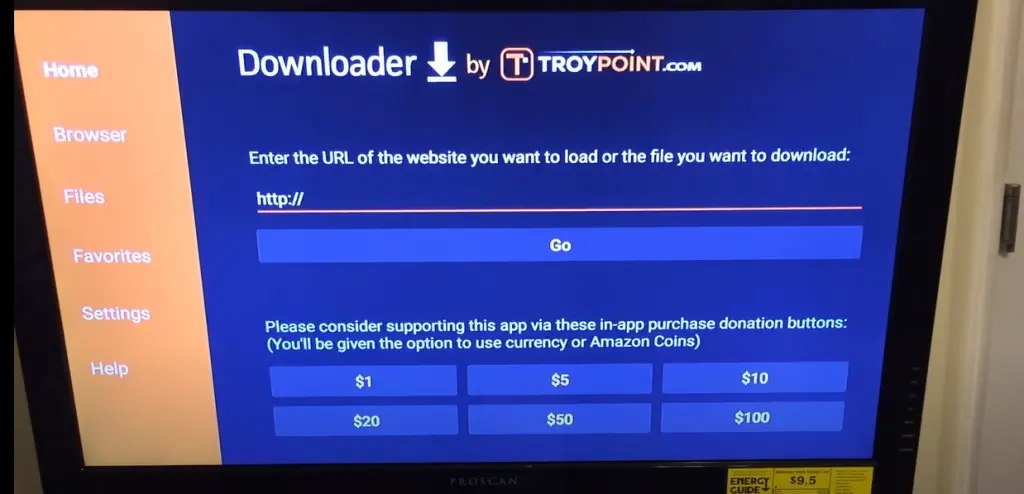How IPTV Works: An In-depth Look
In today’s digital world, it is essential to have a reliable and efficient method of accessing television and video content. One of the most popular methods of doing so is through Internet Protocol Television (IPTV). With the help of IPTV, users can view high-quality digital content with minimal lag time and buffering.
Introduction
IPTV is a digital television delivery service that uses Internet Protocol (IP) to transmit content over the internet. Unlike traditional cable or satellite television, IPTV is entirely dependent on the internet for content delivery. With advancements in technology and improved internet speeds, IPTV services are becoming increasingly popular amongst consumers globally.
How IPTV Works
IPTV works by transmitting TV signals over the internet, as opposed to broadcasting through traditional satellite or cable TV. The signals received in IPTV are encoded in an internet protocol (IP) format that allows the streams to be distributed as data packets. These data packets are then transmitted over high-speed internet networks, received by the IPTV receiver, and decoded into TV signals that are displayed on the user’s screen.
The following are the key components of how IPTV services operate:
1. IPTV Service Provider: An IPTV service provider acts as a middleman between the user and the television content provider. The provider secures the content licensing rights, sources the video content, and processes the delivery of the video stream to the IPTV receiver.
2. Content Provider: The content provider is responsible for creating and producing the content that is transmitted over IPTV. This may include generating original TV and video content, acquiring the rights to popular movies, TV shows, and sports events.
3. IPTV Receiver: The IPTV receiver acts as a digital set-top box, which receives the data packets transmitted over the internet. It then decodes these data packets and displays the TV signals on the user’s screen. The IPTV receiver may come in the form of a set-top box, smart TV, or smartphone app.
4. High-Speed Internet Connection: Since IPTV services are entirely internet-dependent, having a strong and reliable internet connection is crucial. Without a proper internet connection, users may experience buffering issues or low-quality video streams.
Advantages of IPTV
One of the significant advantages of IPTV is its flexibility and scalability. With IPTV, users have access to a humongous range of channels from around the world to choose from. Additionally, IPTV allows for on-demand programming, where users can pause, rewind, and fast-forward live TV. This flexibility is crucial for users who want to watch uninterrupted TV content, especially in the case of live sports events.
Another significant advantage of IPTV is its compatibility with multiple devices, such as smartphones, smart TVs, and gaming consoles. As long as the device has a reliable internet connection and an IPTV receiver, users can stream TV content from anywhere, anytime.
Conclusion
In conclusion, IPTV has become a promising solution to the ever-evolving digital landscape. With its ability to deliver strong and reliable TV signals over the internet, users have access to high-quality content on a range of devices. Furthermore, IPTV provides unparalleled flexibility and scalability, which make it an excellent option for those seeking to cut the cord with traditional cable or satellite TV. However, it is essential to have a strong and reliable internet connection to enjoy uninterrupted TV streaming experiences.
Get your subscription today: iptvuk.uk






